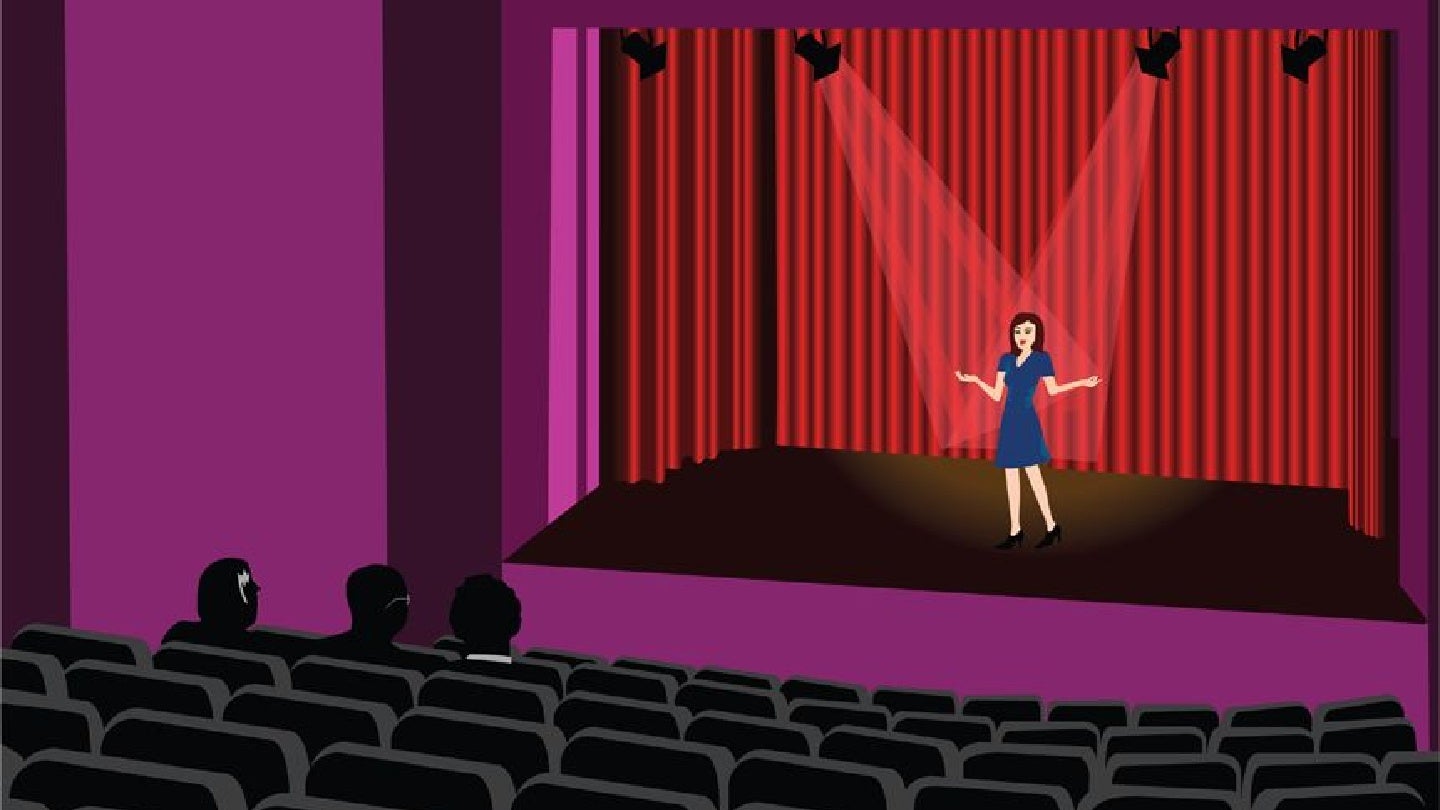Is tech the next star of the stage?
It may well be, and for proof look no further than London’s West End.
Sarah Snook of Succession fame and director Kip Williams’ rendition of The Picture of Dorian Gray at Theatre Royal Haymarket has received critical acclaim. The production, based on the novel of the same name by Oscar Wilde, is different from its predecessors. It features only a single actor, hanging screens, pre-recorded footage, Snapchat selfie filters, and an excellent on-stage film crew.
This masterful cyborg of a play is particularly effective when Snook herself is manipulating the technology for greater dramatic effect.
Williams’ production reflects social trends that echo across the zeitgeist, whether that be an examination of the distance between appearance and reality, the “celebritisation” of our culture and society, or the specific nagging sensation that like the 26 other parts in this production, our livelihoods will be one-day be performed by technology.
Is this production a betrayal of future events?
Perhaps it could be, but this is not the first time theatre has explored technological or AI angst. A 2021 Young Vic performance, unsurprisingly named AI, explored whether Open AI’s GPT-3 could write a successful play. Spoiler, it did, though with writers’ guidance.
How well do you really know your competitors?
Access the most comprehensive Company Profiles on the market, powered by GlobalData. Save hours of research. Gain competitive edge.

Thank you!
Your download email will arrive shortly
Not ready to buy yet? Download a free sample
We are confident about the unique quality of our Company Profiles. However, we want you to make the most beneficial decision for your business, so we offer a free sample that you can download by submitting the below form
By GlobalDataIs technology going to replace actors then? Well, no. The thread here is that like prior technological advancement, human intelligence is still vital, but less volume of human intelligence is required. In the same way that a large language model (LLM) such as Chat GPT requires large quantities of user-generated training data, this production of The Picture of Dorian Gray requires live and pre-recorded data—Snook’s acting.
AI – yesterday’s news?
However, while AI hype is starting to get frothy, few seem to consider that AI may also one day be unemployed.
Quantum computing in particular seems to pose the starkest threat to AI’s technological supremacy. Quantum’s theoretical ability to simulate large, uncertain, complicated systems in seconds, is particularly notable. But perhaps most threatening to AI or classical computer systems, is that it can test all possible answers to a given problem simultaneously, rather than one by one.
Though development timelines are difficult to rely upon due to the nascence and complexity of the sector, GlobalData expects commercial-scale quantum computing to begin by 2027. In particular, cloud-based quantum as a service and quantum algorithms pose perhaps the largest, though admittedly only distant threat to AI’s supremacy.
But how does this relate to humanity’s prospects? Things may seem increasingly bleak, especially when even art has been infiltrated by pesky but exciting tech, however, we should be careful about worrying too much. Just like a West End star, with technology, the next one is always on the horizon.








